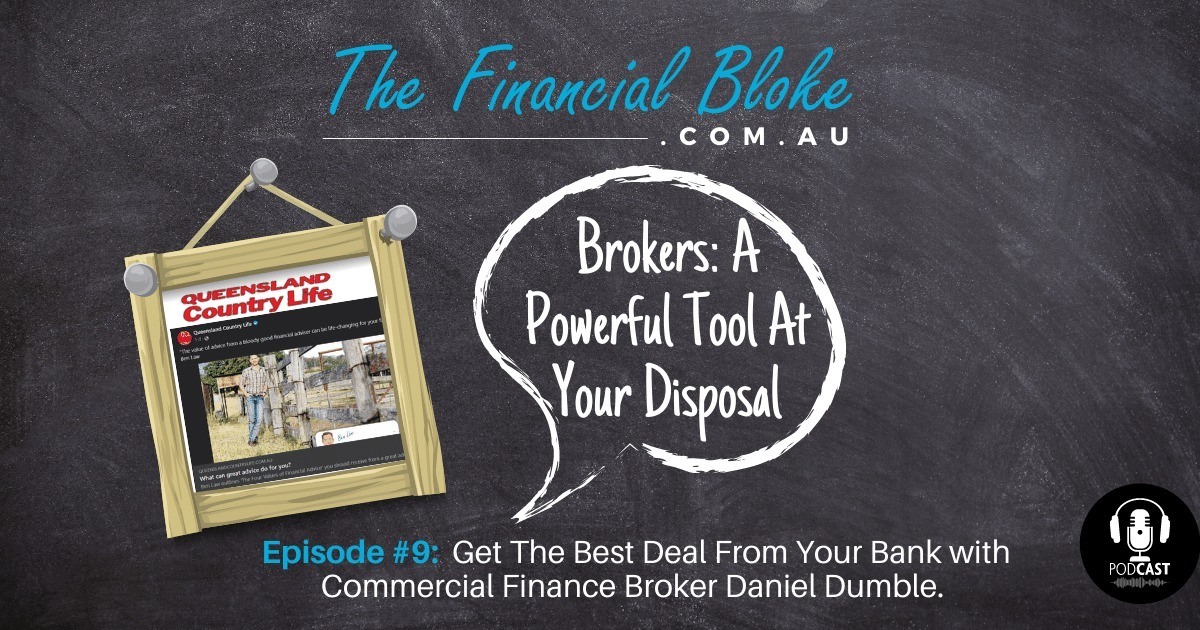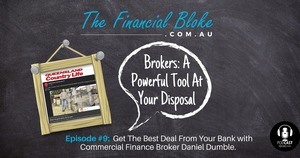
My latest column in The Queensland Country Life.
If you’re serious about growing your family’s wealth, you need think & act like someone who is serious about growing their wealth. One trait I’ve noticed commonly separates the successful from the unsuccessful farming families, is their attitude towards and how they interact with their bank.
I have observed that the less successful believe that banks are bad and exist only to take advantage of them. They often invest more time complaining about banks than working out how to use them to their advantage.
On the other hand, the more successful families are of the opinion that banks are an indispensable tool for building and maintaining their family’s wealth and therefore focus on finding ways to use the banks to their advantage. After all, imagine trying to buy a new block of land, a new piece of machinery or covering the cashflow shortfalls throughout the year without a bank. How big a mattress would you need when you sell a deck of cattle or the wheat crop if there were no banks?
Whilst I acknowledge the banks have their problems, the successful know banks are neither inherently good or bad, they are simply in the business of generating profit for their shareholders and they do that by making money off their dealings with you. Just like a chainsaw, when used correctly by an experienced operator they are a powerful tool. And like a chainsaw, when used by someone who doesn’t know what they’re doing or who is careless, things can get messy.
So how do you learn how to use the banks to your advantage and accelerate your family’s ability to grow wealth?
Realistically, it takes years of experience and a lot of insider knowledge on how banks work. If you get wealthy enough or have a big enough business, you might hire a Chief Finance Officer (CFO) who will shop around and negotiate with the banks for you. Before then, your options are to learn how to do it yourself - OR engage the services of an independent banking expert like a Finance or Mortgage Broker.
You might ask, what actually is a broker? Well, a broker is often an ex-bank employee and they will have a strong understanding how the banks work. This gives them the ability to assess your situation and present your deal as favourably a possible to multiple banks and ultimately negotiate the best deal for your family.
There are a lot of great bank managers out there and you might have a solid relationship with one of the good ones and if that’s the case, great. If you don’t, engaging the right broker will improve your negotiating power with the banks, helping ensure you get the best deal and use the banks services to your family’s greatest advantage.
Cheers,


